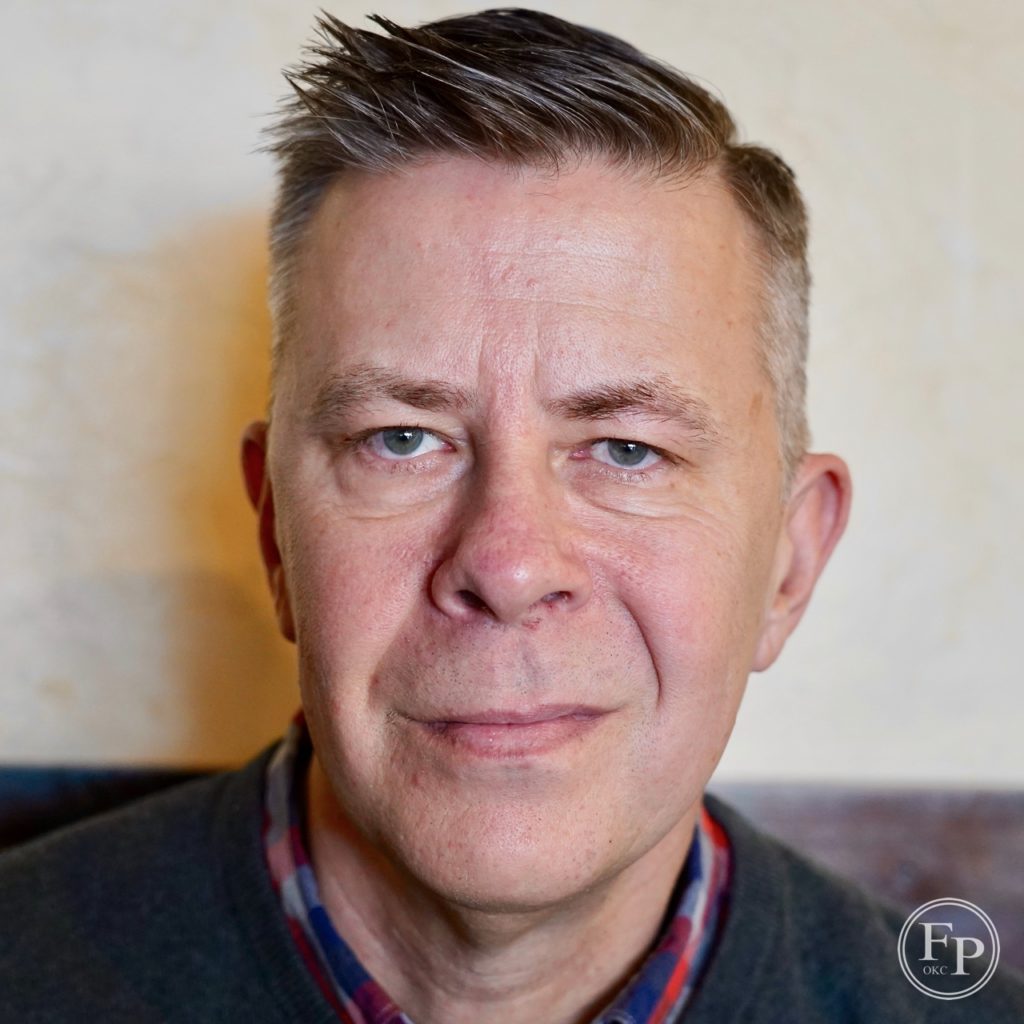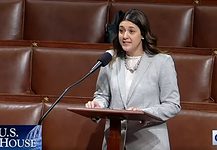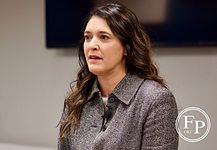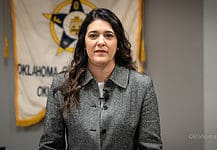Last Updated on January 25, 2020, 9:25 AM | Published: January 25, 2020

Oklahoma City voters approved Metropolitan Area Projects Plan 4 (MAPS 4) Dec. 10, 2019 in a 72-48 percent landslide. As the dust settles from that landslide, the immediate question is the same as the one Robert Redford’s recently elected young senator said on the night of his victory in 1972’s The Candidate: “What do we do now?”
That is an important question for many voters who delivered that victory, but there are more important considerations at hand.
Because so many of the 16 projects bundled into MAPS 4 address immediate issues of need, there must be deliberation and transparency on which organizations are the first to receive attention in what could be an 11- or 12-year MAPS cycle.
Which projects are fast-tracked to start after tax collections begin April 1 should be of paramount importance for the mayor, his staff, Oklahoma City Council and the MAPS 4 citizen advisory board.
There are high-profile projects that were pushed by the moneyed class and are popular components of MAPS 4.
These projects helped get out the vote, and they include the $115 million allocated for improvements to Chesapeake Energy Arena, the $63 million new fairgrounds coliseum that was heavily lobbied by wealthy show horse owners and the $37 million multipurpose stadium that was championed by interested parties like Bob Funk Jr., a member of the board of directors for Oklahoma City Chamber of Commerce, president of the Energy FC and owner of the Energy’s parent company, Prodigal LLC.
Free Press is assuredly not against show horse owners, soccer team presidents or the National Basketball Association, but will the human needs projects be given equal footing for first consideration?
I started thinking about this in December, when the pastor of an Oklahoma City congregation, Memorial Christian Church, complained about the homeless camp that had settled on its property at 1915 N Meridian Ave. as well as the bill that the City of Oklahoma City presented to the pastor for $2,100 to clean up the camp.
Now, never mind the teachings in Matthew 25:40 about the “least of these my brethren,” or Christian churches’ two-millennium-old tradition of helping the downtrodden, or that when the pastor told News 9 that “sometimes they are sleeping on our doorstep,” a lightbulb with an aurora around it should have appeared over his head. I only mention this because the presence of camps like the one at Memorial Christian and countless other points on the map indicate there is a human crisis taking place before our eyes in Oklahoma City.
The $50 million allocated for housing the homeless will do much to alleviate this very human problem, as will the $40 million promised for the related treatment of mental health diseases and addiction.
In addition, the $38 million new family justice center operated by Palomar will help people living with emotional trauma that sprang from spousal abuse, elder abuse, human trafficking, sexual assault, and child abuse.
As you will witness in future columns — or you noted it in the previous three paragraphs — I have a flair for the dramatic. But I am not being dramatic when I say that it is unlikely that no one will die if a multipurpose stadium or the new fairgrounds coliseum are built a few years from now.
However, there will be real people who will not survive a cold winter on the streets, and there will be real people whose untreated or self-medicated mental health issues will result in death if the projects designed to help them are not completed soon.
I recently spoke with Oklahoma City mayor David Holt about the rollout of MAPS projects. He said the city council will soon be presented with a resolution that will get the ball rolling for MAPS 4 as a whole.
“We’re working on that resolution,” he said. “I’d love to see it on the next council agenda. It’s possible it might flip to the one after that, but certainly in the month of February we’ll create the citizen advisory board and its subcommittee structure, and as we said in the MAPS 4 resolution adopted in August, we envision something similar to the MAPS 3 advisory board. There might be tweaks in how these are organized, considering there are 16 (projects) in this case.”
One tweak I would like to suggest is transparency in how MAPS 4 projects are prioritized.
Holt is as strong of a mayor as one is likely to get in a so-called “weak-mayor system,” and he also makes himself readily available to both the press and his constituency with generosity.
Last month, Oklahoma City overwhelmingly threw its support behind taking care of our own. It now falls to everyone from the mayor to the nonprofit volunteers to ensure that we take care of them first.
George Lang has worked as an award-winning professional journalist in Oklahoma City for over 25 years and is the professional opinion columnist for Free Press. His work has been published in a number of local publications covering a wide range of subjects including politics, media, entertainment and others. George lives in Oklahoma City with his wife and son.











